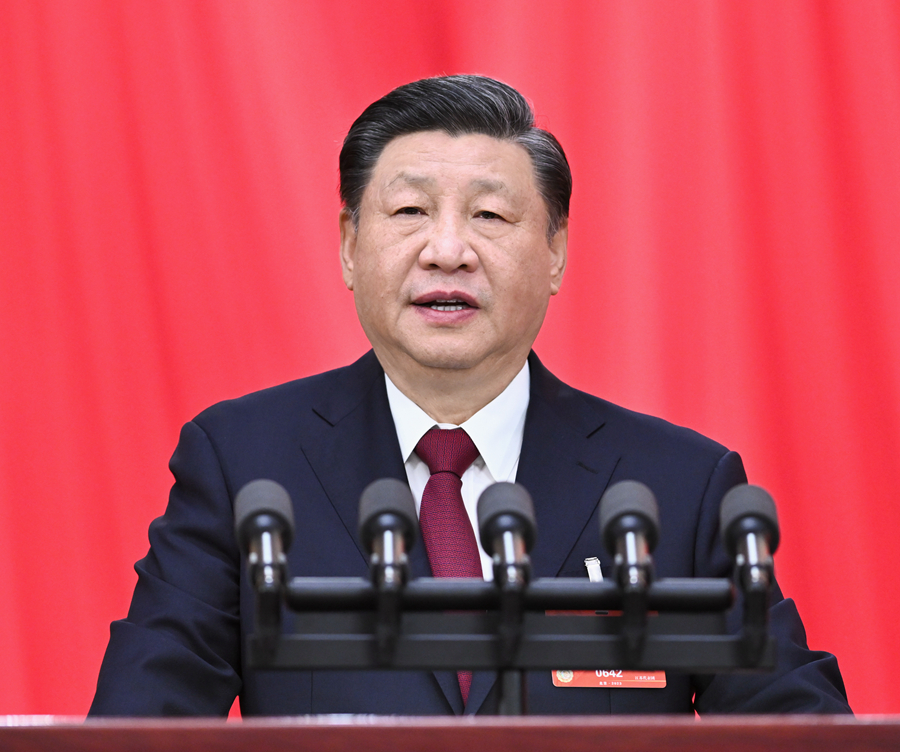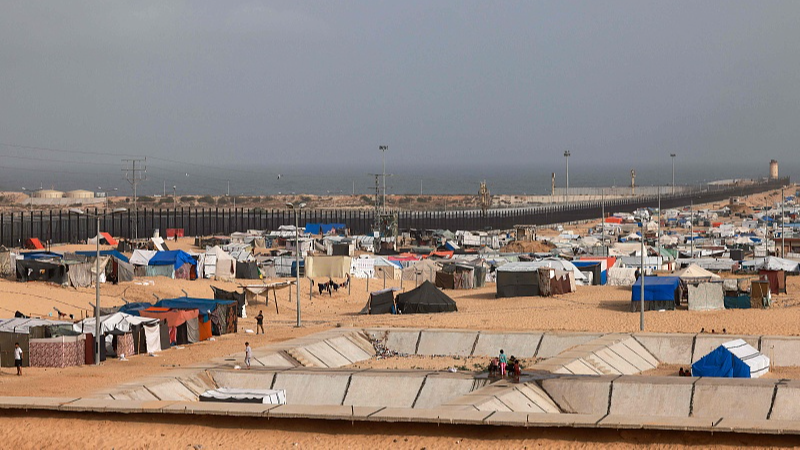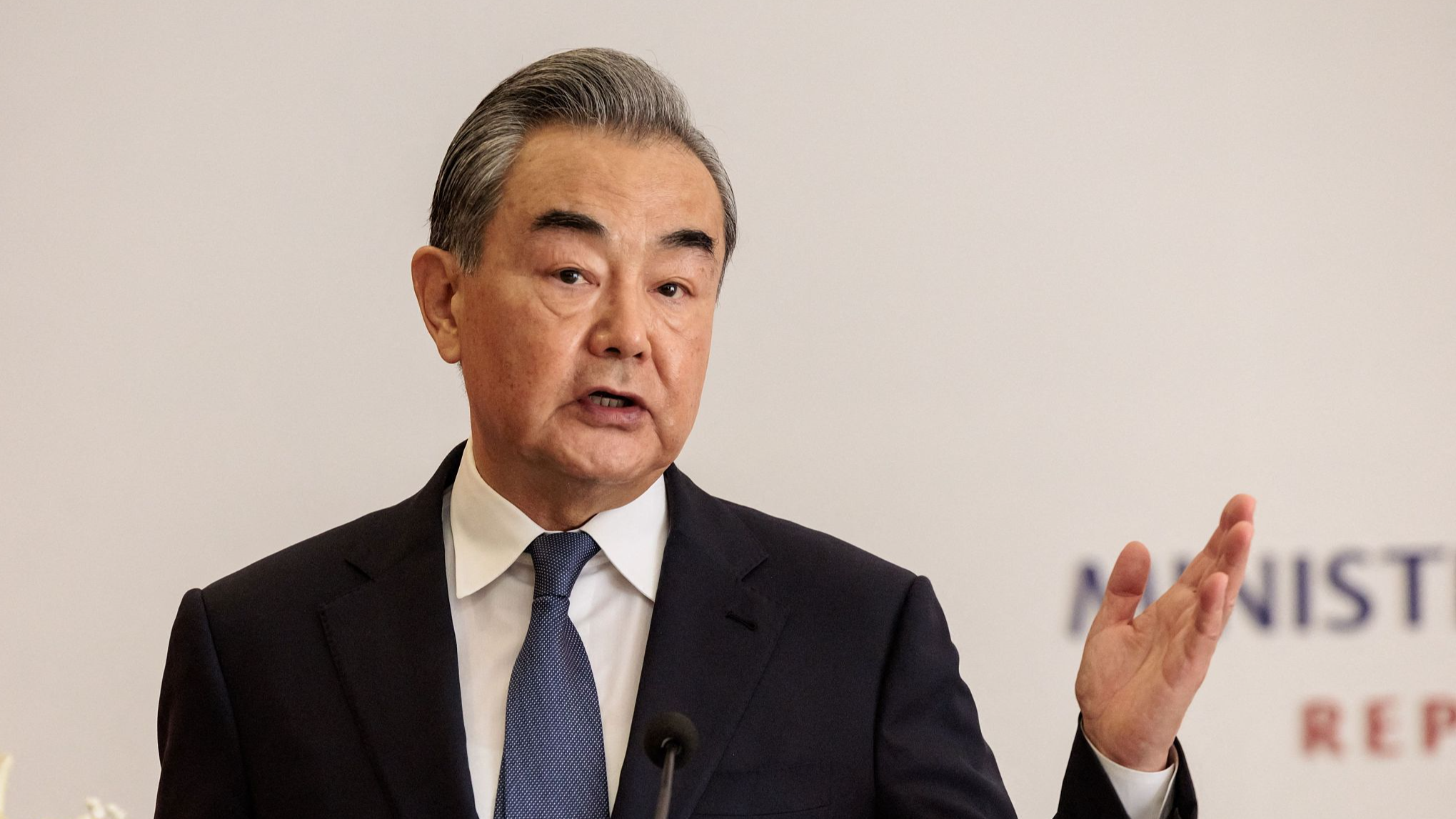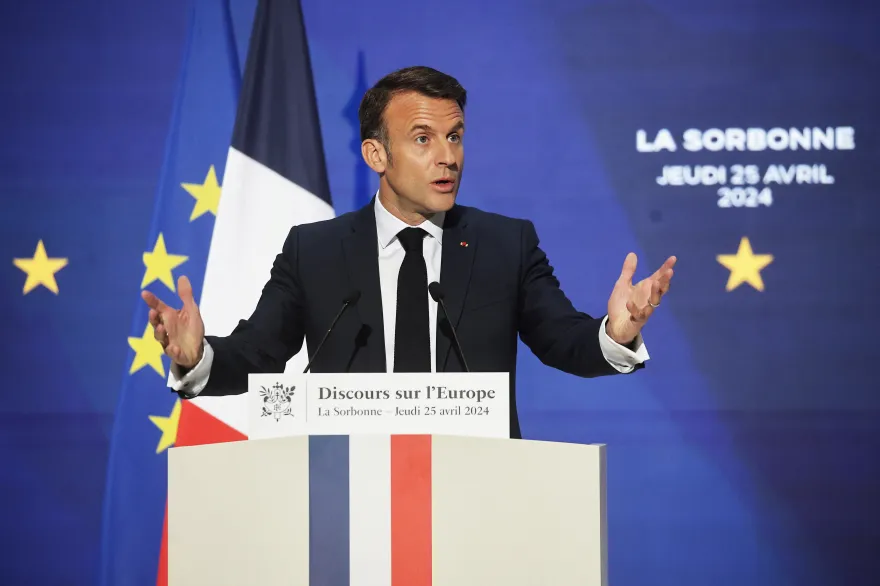At the invitation of his Russian counterpart, Vladimir Putin, President Xi Jinping will pay a state visit to Russia from March 20-22, the Chinese Foreign Ministry has announced.
This will be Xi Jinping’s first trip overseas since being elected president of China for a third term earlier this month.
The visit is set to map out the blueprint for developing the China-Russia comprehensive strategic partnership of coordination for a new era, Wang Wenbin, spokesperson for the ministry, told media at a regular press briefing in Beijing on Friday, minutes after the announcement.
President Xi’s visit will be a trip of friendship, cooperation and peace, said Wang.
Analysts say China has been developing its relations with Russia on the basis of no alliance, no confrontation and no targeting of any third party, and they criticize Washington’s Cold War mentality in framing the ties.
China and Russia: Friendship of integrity, openness
Now Xi is about to set foot on Russian soil for the ninth time as Chinese president. Notably, Russia was also the destination of his first state visit after becoming president for the first time in 2013.
On his last visit to Russia in 2019, the two countries celebrated the 70th anniversary of the establishment of diplomatic relations. In 2021, the two presidents commemorated the 20th anniversary of the Treaty of Good-Neighborliness and Friendly Cooperation Between China and Russia and decided to extend the pact.
Over the past 10 years, China and Russia cooperated actively under the guidance of the two heads of state, Yuri Tavrovsky, a professor of the Russian University of Peoples’ Friendship, told Xinhua. Tavrovsky said he expects the leaders of the two countries will open up more new areas for bilateral cooperation in the future.
In a recent interview, Chinese Ambassador to Russia Zhang Hanhui hailed the state of China-Russia economic and trade cooperation. In 2022, the bilateral trade hit a record high of $190.27 billion, up 120 percent compared with 10 years ago, said Zhang.
The proportion of settlements in local currencies continued to grow, with Russian banks extensively carrying out transactions in the RMB currency, said the ambassador.
“It is clear that the China-Russia contact is not the alleged alliance between a big brother and a little one,” said an international affairs commentator who goes by the pen name Chaoyang Shaoxia in a social media post.
“Instead, it is a friendship of integrity and openness that seeks win-win outcome between gentlemen.”
Regarding Xi’s visit next week, the commentator said it is only natural for leaders of the two neighbors to maintain regular contact and visits, “with or without the Ukraine crisis.”
Other countries cannot dictate the way China and Russia develop their relations, he said.
No targeting of any third party
In recent years, the United States has ramped up its efforts to contain China and Russia. Since the outbreak of the Ukraine crisis, Washington has tried to weaken Russia when it urges Kyiv to “fight until the very last Ukrainian.” Meanwhile, it is promoting an “Indo-Pacific version of NATO,” an alliance system to tighten the siege of China.
In doing so, Washington wants to instigate a new Cold War where the U.S. and Europe would be fighting against China and Russia, said an analyst for Chaoyang Shaoxia.
“However, when the U.S. looks at China-Russia relations through the filter of the Cold War mentality and zero-sum game, it only sees the reflection of its own image,” he said.
He added that Washington’s containment of the two countries has backfired since it only produces an increasingly close “back-to-back” collaborative relationship between Beijing and Moscow.
The analyst warned that closeness might make the U.S. more anxious and insecure since Washington has long seen an alliance between China and Russia, and possibly Iran, as the greatest potential threat to its national security.
China has long made clear that its relations with Russia don’t target any third country and urged no Cold War mentality in international relations.
The way China and Russia develop their strategic partnership of coordination will benefit the two peoples and the world at large, reiterated the Chinese Foreign Ministry spokesperson when briefing the media about Xi’s trip to the country.
“It is entirely different from what certain countries have been doing, including holding on to the Cold War mentality, ganging up with other countries, putting up cliques and stoking bloc confrontation and engaging in hegemonic, domineering and bullying practices,” said Wang Wenbin.
No blame game on Ukraine
The visit of the Chinese leader to Russia comes amid intensifying geopolitical tensions worldwide, the escalating Ukraine crisis in particular.
At Friday’s press briefing, Wang underscored that Xi’s visit will be a trip for peace. China will uphold an objective and fair position on the Ukraine crisis and play a constructive role in promoting talks for peace, he said.
During a phone call with Chinese State Councilor and Foreign Minister Qin Gang on Thursday, Ukrainian Foreign Minister Dmytro Kuleba briefed Qin on the conflict’s latest developments and the prospect of peace talks.
Kuleba said China’s position paper on the political settlement of the crisis shows its sincerity in promoting a ceasefire and an end to the conflict, and expressed the hope to maintain communication with China.
“We have reasons to believe that during the visit [by President Xi] to Russia, China will, as always, speak out for peace and do its best for peace,” said Chaoyang Shaoxia.
Though neither a maker nor a party to the Ukraine crisis, China has repeatedly made headlines in the U.S. media because of the crisis. A recent example is when U.S. National Security Adviser Jake Sullivan claimed without evidence that “China is considering providing lethal weapons to Russia” and threatened “real costs” for Beijing “if it goes down that road.”
When some in the U.S. trumpet that China should not support “Russia’s aggression” and Beijing must play a role in “persuading Russia to stop the war,” what they really mean is to shift the blame and hold China accountable for the prolonged conflict, said Chaoyang Shaoxia.
However, it is the United States that does not want the Ukraine crisis to cool down, he said, adding that the key to solving the crisis is not in the hands of China but in those of the U.S. and the West.
If they really want China to play a constructive role, the U.S. and the West should support China’s efforts and work together with it, he said.
“[They should] stop manipulating behind the scenes, pouring oil on the fire, diverting conflicts [and] smearing China with false accusations or even threatening it with sanctions.”
Source(s): CGTN

 News6 days ago
News6 days ago
 News6 days ago
News6 days ago
 News6 days ago
News6 days ago
 News2 days ago
News2 days ago
 News5 days ago
News5 days ago
 News5 days ago
News5 days ago
 News7 days ago
News7 days ago
 News2 days ago
News2 days ago


















